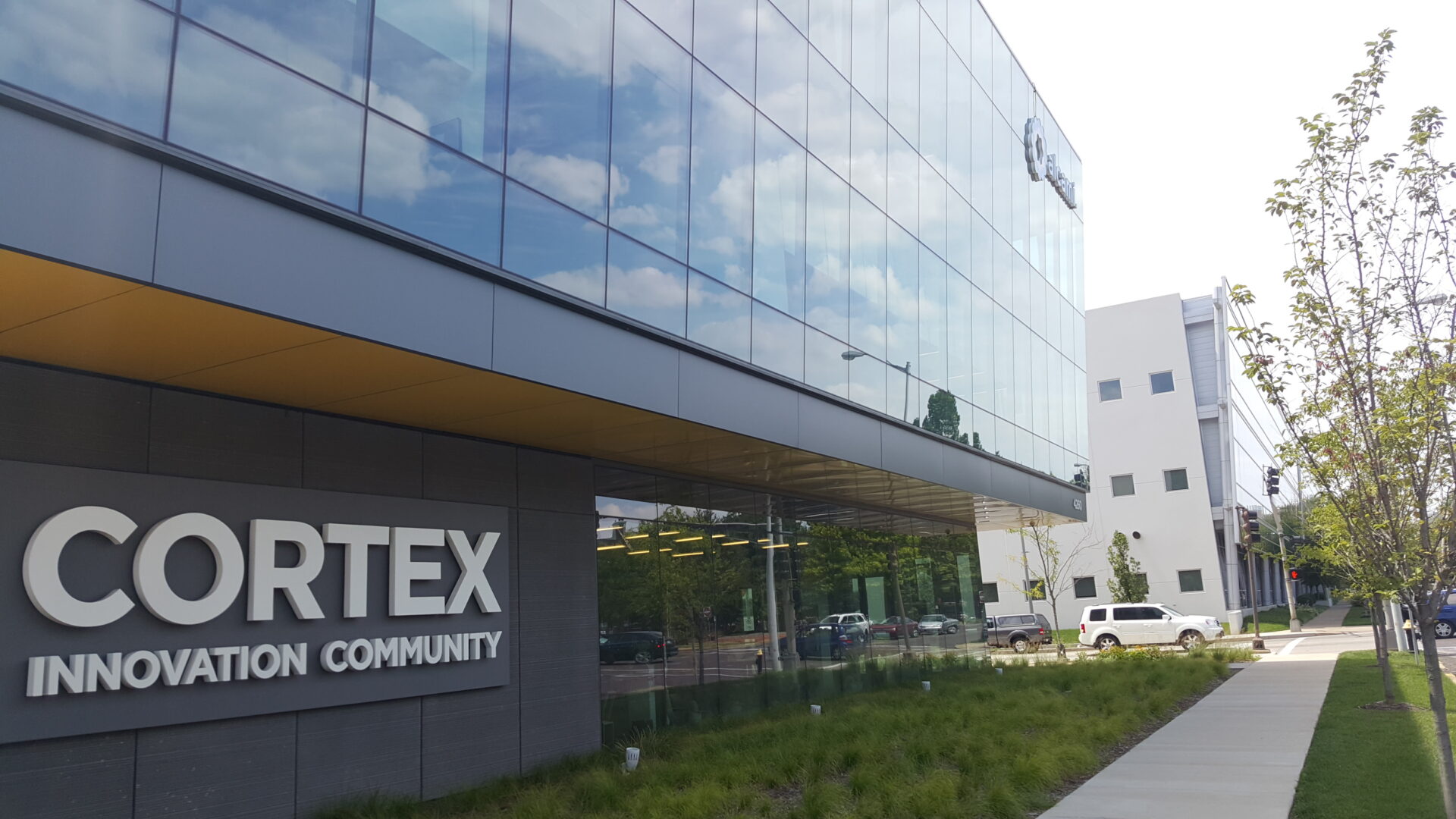Bill & Melinda Gates Agricultural Innovations — commonly known as Gates Ag One — has officially moved to St. Louis, Missouri, where the organization has opened a home office in the city’s Cortex Innovation District. The goal is to facilitate collaboration with St. Louis’ growing network of agriculture and science corporates, startups, universities and research institutes.
Gates Ag One’s focus is specifically on crop innovation that can benefit smallholder farmers in sub-Saharan Africa and South Asia — two important areas for much of the Gates Foundation’s work.
The organization — a nonprofit that’s an independent subsidiary of the Bill & Melinda Gates Foundation — acts as an accelerator connecting companies, researchers and others to create a pipeline of improved crop varieties for the above regions. Initial countries of engagement are Burkina Faso, Ethiopia, Ghana, Kenya, Nigeria, Rwanda, Uganda, India, and Bangladesh.
The center of agriscience innovation
Roughly half of all US agricultural production sits within a 500-mile radius of St. Louis. Major agrifood corporations including Bayer, AB InBev, and Post Holdings operate out of the city, which is also home to a thriving biotech and life sciences community.
“St. Louis has obviously been a longstanding city for a lot of innovation in the area of life sciences and specifically around agriculture,” Gates Ag One COO Al Gallegos tells AgFundernews. “It’s in very close proximity to not only lots of innovation partners, but also land that is very important for the agriculture industry.”
He adds that locating its home office in the city will also enable Gates Ag One to attract more talent from agriculture, life sciences and research.

The new office is located in St. Louis’ Cortex Innovation district, a 200-acre innovation and entrepreneurship hub founded by Washington University in St. Louis, Saint Louis University, University of Missouri – St. Louis, BJC Healthcare, and the Missouri Botanical Garden. Its campus offers businesses and startups access to training, office and lab space, as well as talent and networking.
This mission aligns well with Gates Ag One’s credo of attracting innovation partners and startups, says Gallegos.
“Gates Ag One, in many ways, came into this space as a startup. Being in a community like Cortex, we felt we were very closely tied to not only our neighbors but also the philosophy of Cortex being the center of innovation.”
Gates Ag One isn’t limiting itself strictly to St. Louis, however. Gallegos stresses that the organization also works in the various countries growing the crops Gates Ag One focuses on.
“We’ve already formed many partnerships in different parts of sub-Saharan Africa that we can leverage. And having St. Louis allows us to really think through where exactly are the many countries in Africa that we need to be a part of, because there’s really no one particular country.”
He adds: “This is a home not only for those of us that work and live in St. Louis, but it’s also a home for our partners to convene.”
The ‘open innovation framework’
Most projects Gates Ag One takes on are directly tied to yield improvement, a critical issue for smallholders in Africa and Asia.
For example, “Working specifically around efficiencies around photosynthesis is a project that will be very important for us and centered on the work that we may be doing with partners here in the US, as well as with partners in Europe and sub-Saharan Africa,” says Gallegos.
“We first want to understand the challenges that they face, whether it’s around climate or challenges around yield, or protecting those yields from disease or pests.”
He calls the Gates Ag One approach “an open innovation framework” that works with various partners, both public and private, to research and develop agricultural products. In some cases it offers grants to startups and researchers.
One example of this is the $35 million grant it awarded in 2023 to Cambridge University researchers developing self-fertilizing crops for African farmers. The previous year, it awarded $34 million to the RIPE project, an international research initiative aiming to improve food production.
As for current projects, he names nutrient symbiosis and cassava sourcing as two.
“We’re also working to understand how we can improve the efficiency of yield protection — protecting certain crops from diseases or pests. [We’re] working very hard with some of the existing research that may have also been funded by the Foundation, targeted towards those specific countries and crops that are addressing smallholder needs.”





